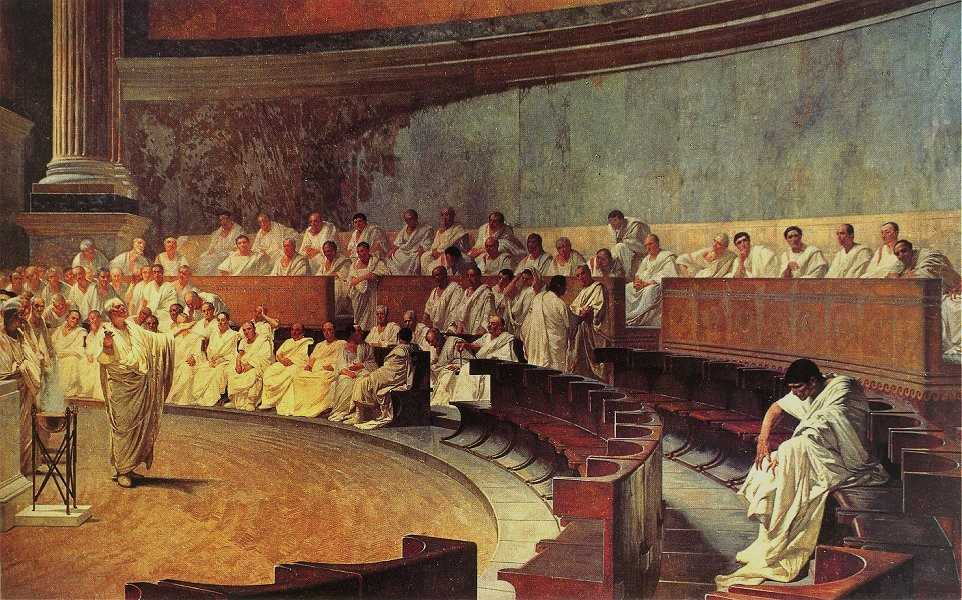About
Toward An Ancient Future

About The Logocratic Method
The Logocratic Method, and the Logocratic theory that underwrites it, provide a philosophical explanation of the nature of arguments and of two principal purposes or goals that arguers have for their arguments across the vast range of argument contexts. First, to make arguments that are evidentially strong (the argument’s premises provide evidence for its conclusions, to a greater or lesser degree— greatest degree being in valid deductive arguments), Second, to make arguments that are agonically strong (that win an actual or virtual argument contest, as for example in litigation contests between plaintiffs or prosecutors on the one hand, and defendants, on the other, or majority and dissenting judges).
"All things come to pass in accordance with Argument..."
Heraclitus, Fragment 1
Our Logocrats
Meet our Logocrats in Chief

Prof. Scott Brewer
Scott Brewer is a full-time Professor of Law at Harvard Law School since 1991.
At the Logocratic Academy he leads the research on the Logocratic Method.
"I teach suffering and the end of suffering."
Attributed to Gautama Buddha
"I teach argument and the playful contest of argument."
Attributed to Logocratese
Our Logocrats in Action
Special logocratic moments captured on camera


